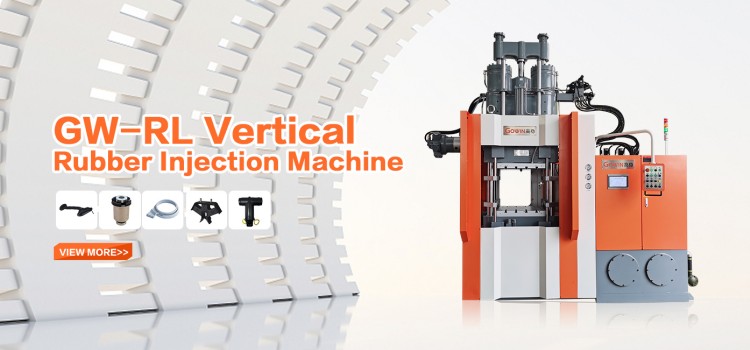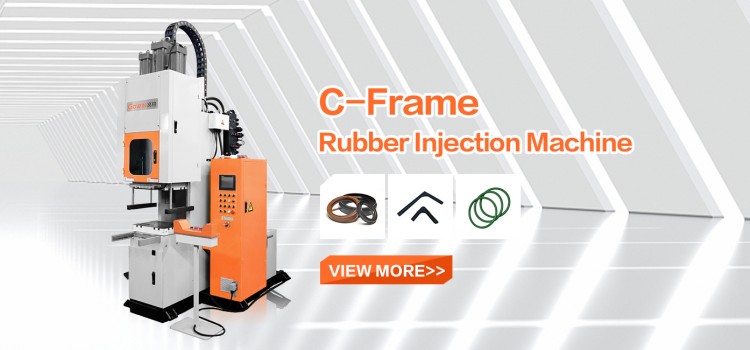Digital Transformation and AI Integration: One of the most notable trends is the deep integration of digital technologies and artificial intelligence (AI) into manufacturing processes. Companies are adopting AI for predictive maintenance, real-time monitoring, and data-driven decision-making. This digital shift enhances efficiency, reduces downtime, and ensures precision in manufacturing, paving the way for smarter production systems.
Electrification and Two-Platen Design: The industry is also seeing a move towards electrification, particularly for smaller injection molding machines, which prioritizes energy efficiency and precision. Additionally, the adoption of two-platen designs in larger machines is becoming more prevalent. This design offers improved stability, greater adaptability, and efficient use of space compared to traditional three-platen models.

Sustainability Focus
Eco-Friendly Materials and Recycling: Sustainability is at the forefront, driven by both regulatory requirements and corporate social responsibility initiatives. Manufacturers are increasingly using eco-friendly materials, such as biodegradable and bio-based plastics, and improving recycling technologies. The goal is to reduce carbon footprints and support a circular economy.
Energy-Efficient Machinery: Innovations in machinery design are aimed at reducing energy consumption. Companies like Borche Machinery are leveraging advanced servo motor technology to enhance the energy efficiency of their injection molding machines, aligning with the broader industry trend towards greener manufacturing processes.
Market Expansion
Geographical Shifts: The global manufacturing landscape is shifting, with significant investments moving from China to Southeast Asia. This realignment is driven by economic, geopolitical, and trade policy changes. Countries like Thailand and Vietnam are becoming new hubs for injection molding machine investments, requiring manufacturers to adapt their production strategies accordingly.
International Market Penetration: Companies are strengthening their international presence by enhancing brand building, technological innovation, and participating in international standardization efforts. This strategic approach aims to increase market share and competitiveness on a global scale.

Customization and Material Innovation
Lightweighting and Composite Materials: The industry is witnessing increased use of composite materials, allowing for product lightweighting and enhanced performance. This trend necessitates highly customizable injection molding machines to meet specific application needs efficiently and cost-effectively.
Overall, 2024 is shaping up to be a pivotal year for the rubber injection molding machine industry, characterized by technological innovation, sustainability, and strategic market expansion. These trends are expected to drive the industry forward, meeting new challenges and seizing emerging opportunities.
Post time: May-25-2024






